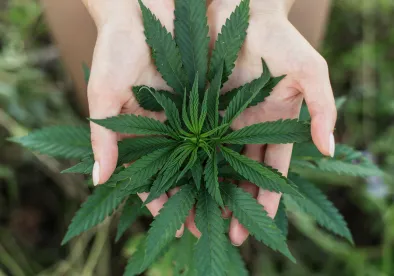Hemp was decriminalized with the passage of the Agriculture Improvement Act of 2018, a.k.a. the "2018 Farm Bill."
While the 2018 Farm Bill decriminalized hemp and distinguished it from marijuana, it did not resolve all regulatory concerns stemming from the plant and its derivative products. Specifically, the United States Department of Agriculture ("USDA") was charged in the 2018 Farm Bill with developing a program for the domestic commercial production of hemp, which includes items ranging from clarifying appropriate testing and sampling methods to setting methods for disposal of plants to determining compliance with law enforcement. The USDA's guidance will play a very significant role in defining the future of hemp in North Carolina and the rest of the United States, and we are monitoring these developments closely.
On February 27, 2019, the USDA issued a Notice to Trade stating that it had begun the process of rulemaking and that it anticipated issuing those rules and regulations by the fall of 2019, with a goal of implementing them prior to the start of the 2020 growing season. The USDA announced this week via a notice published in the Federal Register that it intends to release its interim final rules for the establishment of a domestic hemp production program by August 2019. This update indicates a significant acceleration in the timeline, which is great news for the industry. It is important to note, however, that this is merely an estimated target for the release and publication of those interim final rules. Until the USDA guidelines are in place, hemp farmers and growers should continue to operate in compliance with the Agricultural Act of 2014, a.k.a the "2014 Farm Bill", and their respective state-specific hemp program requirements.





 />i
/>i

